Rohingya Refugees and Host Community Members Produce Over 1 Million Masks in Cox’s Bazar
Cox Gazette February 16, 2021, 11:02 PM
-min-20210216170223.jpg)
Cox’s Bazar – After the breakout of COVID-19, IOM was one of the first agencies to start producing reusable cloth masks in Cox’s Bazar through its livelihood programme. To date, Rohingya refugees and host community members engaged in the programme have produced over one million masks which IOM teams distributed to beneficiaries and partners.
The current pandemic has put an enormous health and socioeconomic strain on an already frail health system in Cox’s Bazar. To help vulnerable households cope with the new socioeconomic status quo, IOM has provided Rohingya refugees and host community members with several self-reliance and livelihood opportunities.
A total of 1,000 beneficiaries (80% female) benefitted from income-generating activities linked to mask production, with support from IOM’s local implementing partners Nongor and Prottyashi, and local private sector partner Green Hope.
More than 400,000 host community members and 100,000 Rohingya refugees in different sub-districts around Cox’s Bazar and 16 IOM-managed camps received the masks (two per person).
In line with the Food Security Sector (FSS) Strategic Response, IOM now is able to ensure that host communities, government staff, law enforcement and other community personnel or professionals delivering frontline assistance have access to preventive hygiene items to mitigate the spread of COVID-19.
Jannatul Ferdous Munni is one of 900 host community members who attended an IOM-organized sewing training in Cox’s Bazar this past April. When the virus reached Cox’s Bazar and lockdown measures were imposed, the training had to be put on hold.
Once the training was repurposed for mask sewing, Jannatul was able to start producing and selling masks for the COVID-19 response under IOM’s livelihood programme.
“When the pandemic began, we struggled financially. Since all my siblings are unemployed, my family relies on me for support,” Jannatul explained. “I dream of becoming an entrepreneur one day. I want to buy a sewing machine so I can perfect my craft and start producing different clothing items at home.”
Razia Sultana Lucky, a resident of Rajapalong Union in Ukhiya, also struggled to make ends meet when the pandemic started. “Our family relies on my father’s income as an auto rickshaw driver. When his vehicle broke down, we couldn’t find the money to repair it,” recalled Razia.
“Thankfully, this new mask sewing opportunity came along and I was able to make enough money for my father to fix his auto rickshaw and start working again,” Razia added.
Being involved in income-generating activities linked to COVID-19 prevention not only financially supported the participants, but also encouraged them to spread awareness-raising messages and become active messengers in the fight against the virus.
“Through livelihood opportunities such as the local production of hygiene items, IOM aims to reduce the transmission of COVID-19, and also relieve some of the pressure accumulated from the pandemic’s socioeconomic impact on the local community,” declared Patrick Charignon, Head of IOM's Transition and Recovery Division in Cox's Bazar.
IOM plans to produce an additional 400,000 masks – in line with WHO COVID-19 prevention guidelines – and will continue to work closely with the Food Security Sector (FSS) and Livelihoods Working Group (LHWG), following evolving guidelines and advisories to ensure a harmonized strategic response.
IOM’s mask production income-generating activity is supported by USAID's Bureau for Humanitarian Assistance (BHA), Korea International Cooperation Agency (KOICA), US’ Bureau of Population, Refugees, and Migration (PRM), UK’s Foreign, Commonwealth and Development Office (FCDO), and the Swiss Agency for Development and Cooperation (SDC).
More News from NGO
-

Internet access will no longer be blocked in Ukraine says Elon Musk
-

No possibility of US sanctions expansion: Shahriar
-

UNHCR and IOM Condemn Deadly Attack on Displacement Site in DR Congo
-

Teleworking during COVID: Risks, benefits and steps to a ‘new normal’
-
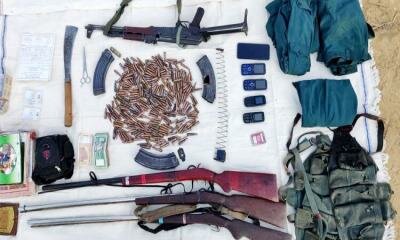
Army officer among 4 dead in Bandarban gunfight
-

Health tech startup Best Aid raises investment from YY ventures.
-

DiCaprio praises Bangladesh on new marine protected area around St Martin`s
-

Guterres calls for end to conflict in Ethiopia after deadly attacks
-

Rohingya refugee camps hit by second fire in 10 days ,Leaving thousands homeless
-

BNCA begins a shadow investigation into elephant killing in Cox’s Bazar
-

One more elephant found dead in Cox`s Bazar, death toll 7 in 11 days
-

Shahriar Nisan joins BDMORNING as Acting Editor
-

Two more Rohingya men arrested over Mohib Ullah killing
-

One arrested over Rohingya leader Muhib Ullah killing.
-
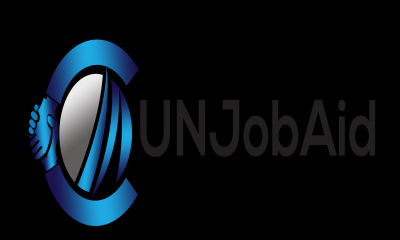
Hundred Plus UN Job Openings in a glance
-

Youth empowerment for tourism’s future ,The eight winning solutions
-
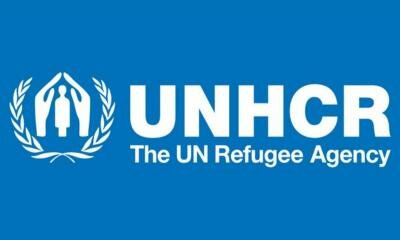
UN Refugee agency condemns killing of Rohingya refugee leader
-
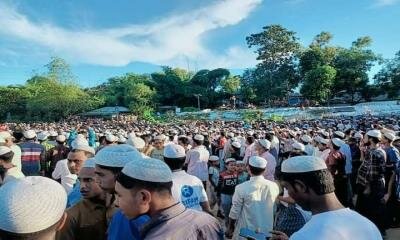
Thousands of `Rohingya Refugees` pay their last respects to Mohib Ullah
-

Rohingya Leader Mohibullah Killed in Cox`s Bazar camp
-

Internet connection cuts off in more than ` 25 `townships in northwestern Myanmar

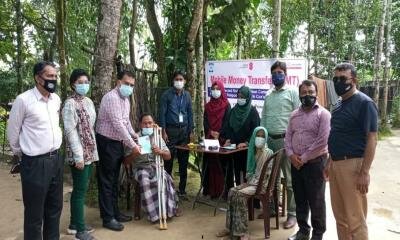
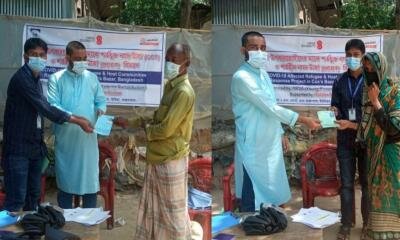

-min-20210216170223.jpg)
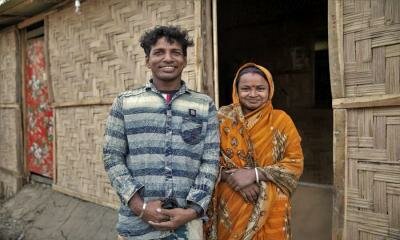



Write Your Opinion :